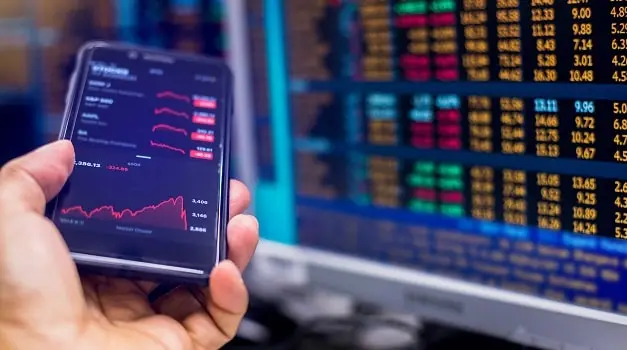Forex trading often comes with a lot of excitement, but it’s important to pause and learn before you begin. Taking the time to understand the fundamentals can set you up for a much better experience. This post will cover essential points to consider before you place your first trade.
A Brief Overview

The foreign exchange market, or forex, is where currencies are traded. It is the largest financial market globally. Unlike stock markets, it operates 24 hours a day, five days a week, across different time zones. The core activity involves speculating on the changing values of currency pairs.
For instance, if you believe the euro will strengthen against the U.S. dollar, you would trade the EUR/USD pair. A complete explanation of what is forex trading can provide a more detailed look into its mechanics. Success in this market is tied to your ability to analyze economic indicators and global events that influence currency prices.
Initial Steps
Your first move should be to select a reputable broker. This is a critical decision, as the broker provides the platform you will use for trading. Look for one that is regulated and has a solid reputation. After choosing a broker, you will need to open a trading account.
Most brokers offer different account types, so pick one that aligns with your initial capital and trading goals. It is also wise to start with a demo account to get comfortable with the platform without risking real money.
Capitalizing Your Venture
Deciding how much money to trade with is a personal and significant step. You should only invest an amount you are prepared to lose. The forex market is known for its volatility, and losses are a part of the process.
Your starting capital will also influence your trading strategy, particularly the size of the positions you can open. Many brokers offer leverage, which allows you to control a larger position with a smaller amount of capital, but this also amplifies potential losses.
Chart Your Trading Plan
A trading plan is your personal roadmap for making decisions in the market. It should outline your financial goals, risk tolerance, and the specific strategies you will use to enter and exit trades. This plan helps you stay disciplined and avoid making emotional decisions based on market fluctuations.
Your plan should be written down and consistently reviewed. It acts as your guide, keeping you focused on your objectives.
Sharpen Your Skills
Continuous learning is fundamental in forex trading. The market is always changing, and successful traders are those who adapt and keep learning. Read books, follow financial news, and take online courses to deepen your knowledge.
The more you learn about market analysis, economic factors, and trading psychology, the more confident you will become in your decisions.
Stay Grounded
The mental aspect of trading is just as important as the technical side. Greed and fear are powerful emotions that can lead to poor decisions, like holding onto a losing trade for too long or closing a profitable one too early.
Cultivating discipline, patience, and emotional control is essential. Acknowledge that you will have both winning and losing trades, and focus on sticking to your trading plan.
With a strong background in business-finance, Anantha Nageswaran is specialises in business, finance, insurance, loan investment topics writing.
Page Contents

